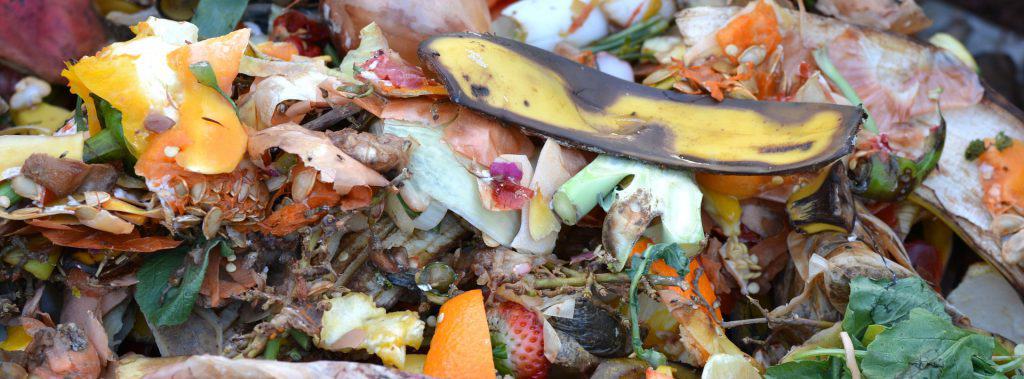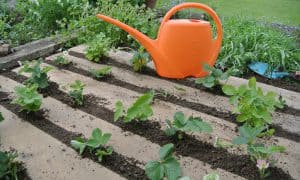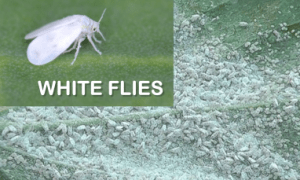An Organic Garden is all about keeping plants at maximum health and happiness without using harmful chemicals and pesticides. It all comes back to the basics. Look after the soil, keep the plants stress free and happy, and then your plants will have a stronger resistance to disease.
Use companion planting to protect plants by disguising their attractive odour to insects and if necessary treat with some homemade natural, pesticide.
But… sometimes a good idea will help you start doing instead of thinking.. so Here are some tricks that can really help to maximise your garden.
1) Compost without Compost – Bury Your Kitchen Waste in the Garden
Even if you don’t have a compost pile you can go and use your organic garden waste to help your garden.
Simply dig a one foot ditch between your vegetables. Put the dirt on the side, and this can be used later.
Then starting at one end, dump your organic kitchen waste into that ditch, and put a layer of dirt over it when you have dumped it in. This will stop it from smelling and stop the flies from taking up residence.
When finished you will have a great source of nutrients that will break down over the next few months and provide ongoing nutrients to your plants.
Pro Tip 1: The smaller the bits, the faster it will break down, so if you want to maximise your return, then try to cut them small before putting them in.. 🙂
Pro Tip 2: To prevent racoons or other scavengers, you can put sticks, bricks or other things on top as well. Sometimes putting Garlic and Onion skins around the plants does the trick!
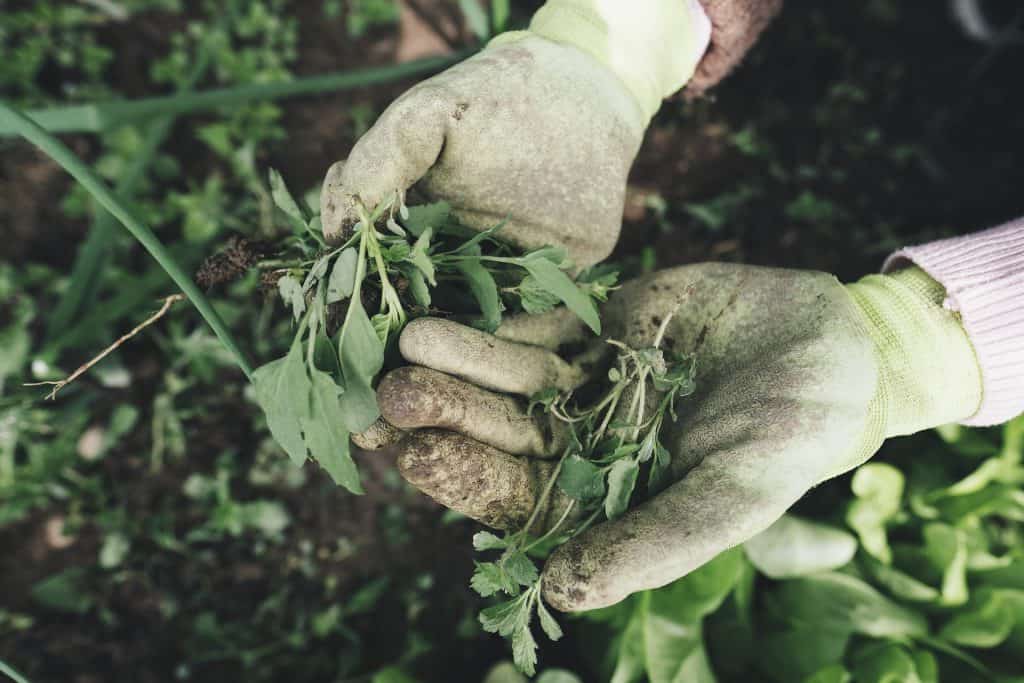
2) Weed Revenge – Making a Weed Tea Fertilizer.
Dump your weeds in a bin of water (cover it so you don’t get any mosquitoes (mozzies) taking up residence) and leave it in the sun for a few days until you have a nice rich “Tea” left over. This will be very rich in nitrogen, and can be sprayed on plants as a foliar fertilizer, or used in the soil to give your little darlings a boost.
3) Salty Fruit – Using Epsom Salt in your Organic Garden
Epsom Salt can be used to help Peppers to thrive if they are dropping fruit. Of course don’t go overboard as this can cause problems in the wrong types of soil. Often we recommend getting a soil test before adding this to your organic garden, so just be careful.
This most likely works because it contains Magnesium Sulfate. Magnesium is an important component of Chlorophyl, which makes a plant green and is essential to photosynthesis.
Simply sprinkle it around the floundering plants, or mix with water to provide a foliar spray (to be sprayed on the leaves – yes plants can absorb nutrients through their leaves as well. Go figure ;))
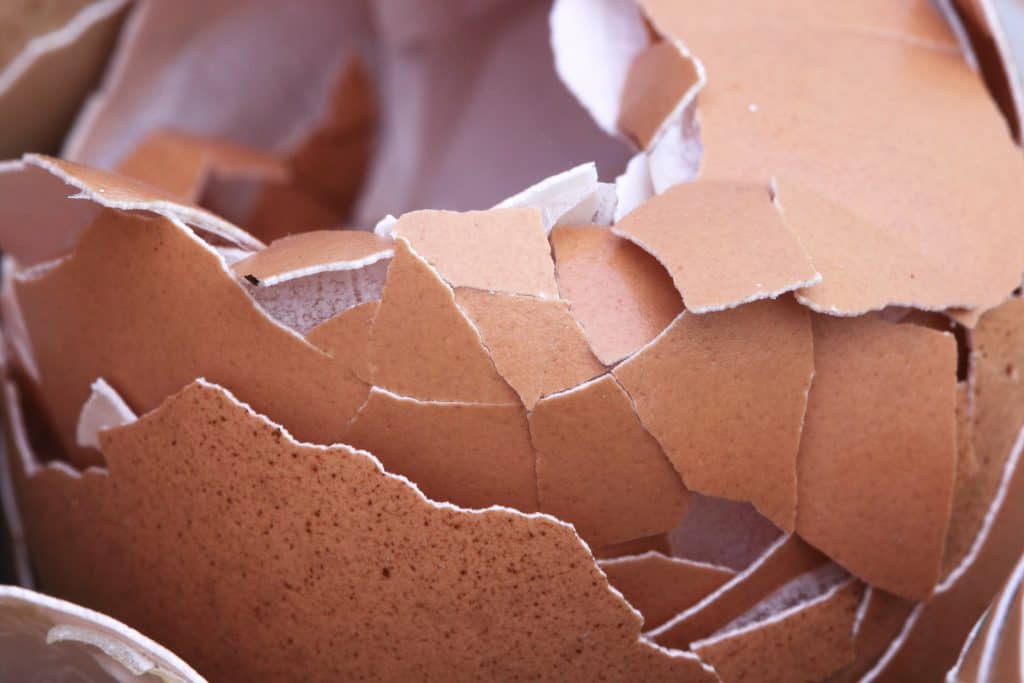
4) Eggy Beds
Put Oyster Shells and Eggshells in your garden beds to make a great slow-release fertilizer for your garden beds. You will give plants that love alkaline soils a great boost. Crush them as small as possible with a rolling pin or other implement, and sprinkle them around your plants that love “sweet” (alkaline) rather than “sour” (acidic) soil. Some plants that like or tolerate alkaline soil are: Alpine Strawberries, Carrots, Cauliflowers, Corn, Cumber, Dill, Endive/Escarole, Garlic, Melon, Parsley, Pepper, Pumpkin, Radicchio, Radish, Rhubarb, Sorrel, Squash, Sweet potatoes , Tomatoes, Turnip.
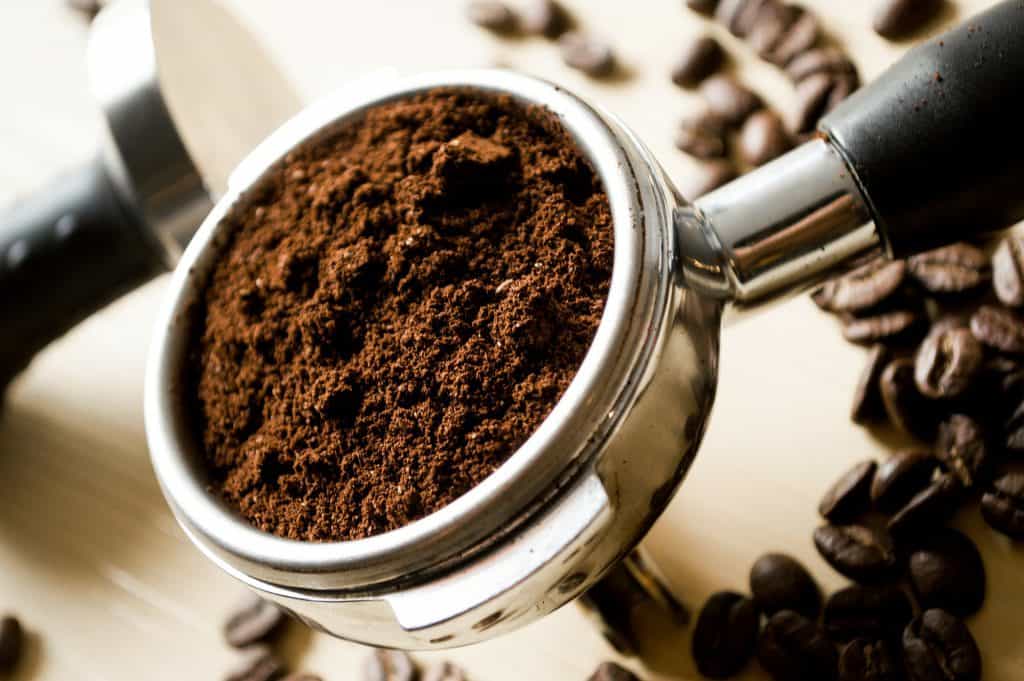
5) Coffee with your Garden? How about Wood Ash?
When you need to fine tune your soil acidity/alkalinity on a plant by plant basis you can use this trick.
If you have some ericaceous plants (Plants that like acidic soil) you can use left-over coffee grounds to bump up the acidity of the soil, so they can grow better!
On the other had, if you need it to be more alkaline, then use wood ash.
Now you can tailor your soil and really give your plants the best care!
6) Vinegar with your Fries/Chips… I mean Garden?
Ever wondered how you can get rid of weeds in your organic garden without herbicide. Well… Vinegar of course. Just spray them on a sunny day with a good dose of vinegar and the sun will soon scorch them, and kill them off.
But what about the acidity… Baking soda will help neutralise the acid, or hosing and rinsing well may be enough depending on the situation.
This info is from an awesome Youtube Video – This Might Look Crazy, but Actually works! Please check it out.

